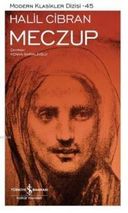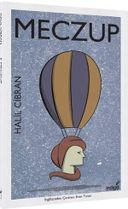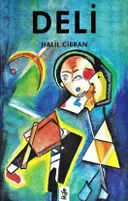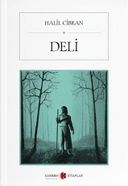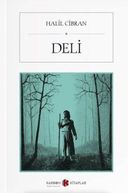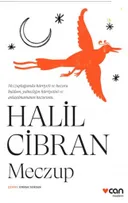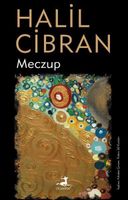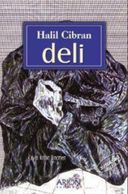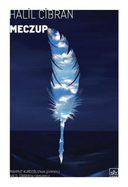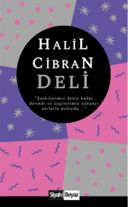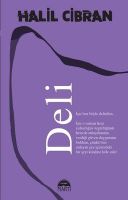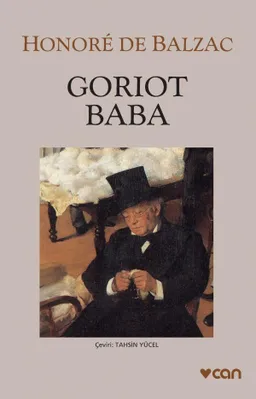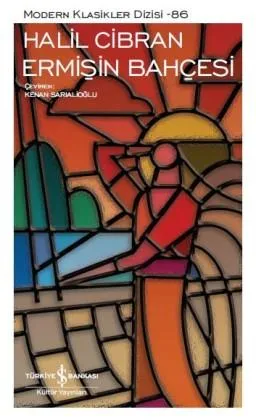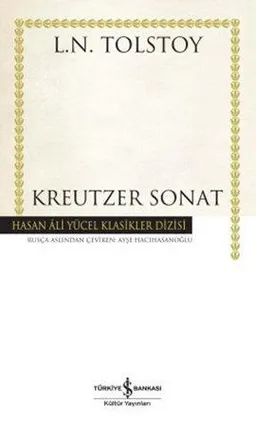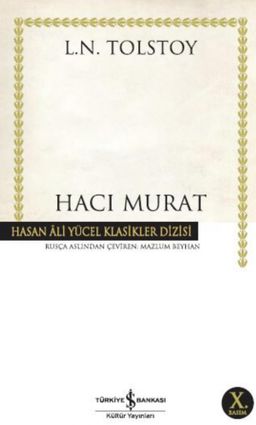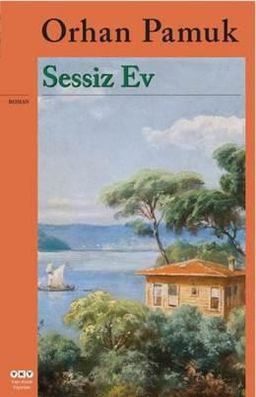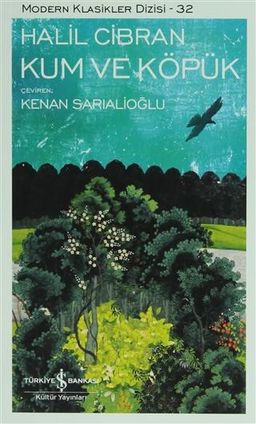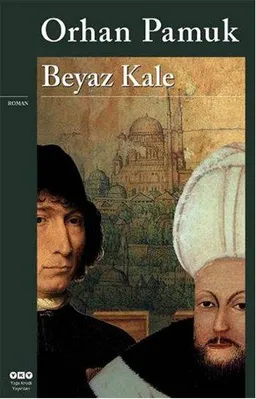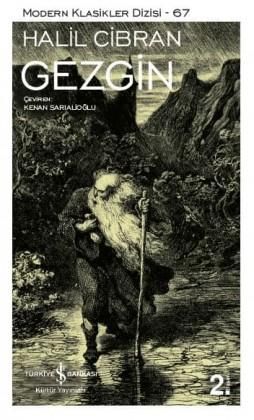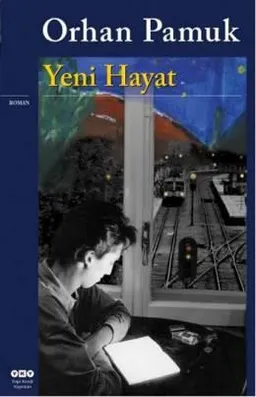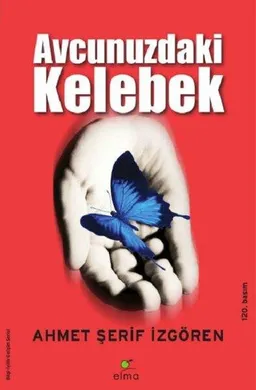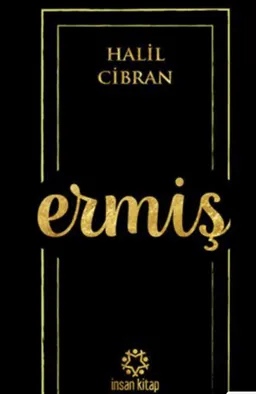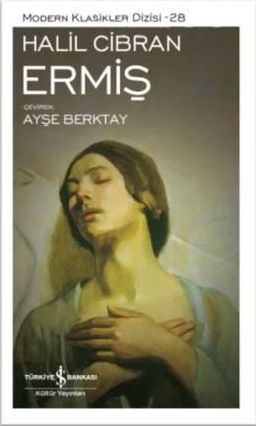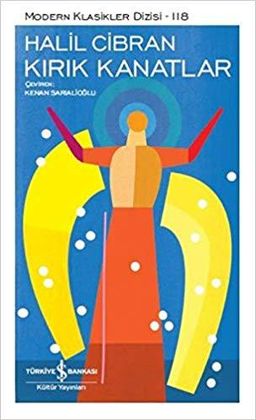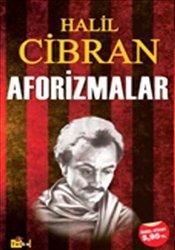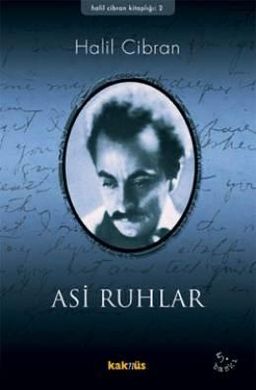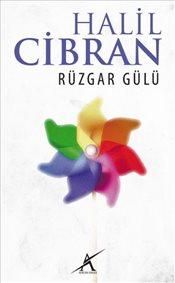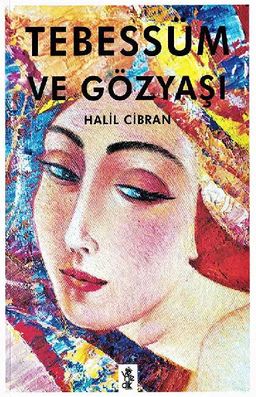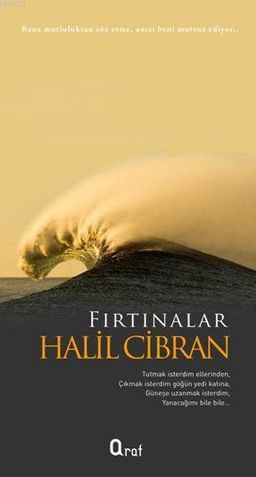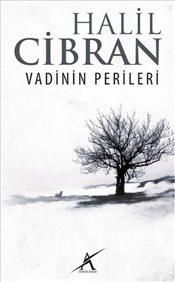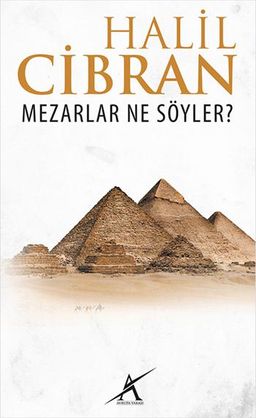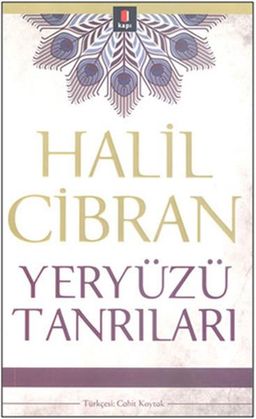Meczup
Halil CibranAbout Meczup
Meczup subject, statistics, prices and more here.About
Bana nasıl delirdiğimi soruyorsunuz. Şöyle oldu: Günlerden bir gün, Tanrılar doğmadan çok daha önce, derin bir uykudan uyandım ve fark ettim ki kendi ellerimle yaptığım ve yedi hayatımın yedisinde de taktığım tüm maskelerim çalınmış. Maskesiz bir şekilde, kalabalık sokaklarda bağırıp çağırarak koştum, “Hırsızlar, hırsızlar, size lanetler olsun!” Erkekler ve kadınlar halime güldüler, kimisi de korkup, evlerine kaçtı. Pazar yerine vardığımda bir evin çatısında dikilen bir genç haykırdı, “O bir deli!” Ona bakmak için kafamı kaldırdım; güneş ilk defa çıplak yüzümü öptü ve ruhum, güneşin sevgisiyle doldu, artık istemedim maskelerimi. Kendimden geçene kadar ağladım, “Maskelerimi çalan hırsızlar ne mübarek insanlar!” Böylece deli bir adam oldum. Deliliğimde buldum özgürlüğü de güven duygusunu da; yalnızlığın özgürlüğünü ve anlaşılamamanın verdiği güven duygusunu, çünkü bizi kim anlarsa bir parçamızı kendilerine köle ederler. Fakat duyduğum güvenle böbürlenmesem iyi olur. Parmaklıklar ardındaki bir hırsız bile diğer bir hırsız sayesinde güvendedir.
Author: Halil Cibran
Translator: Deniz Weber
Türler:
Estimated Reading Time: 1 hrs. 49 min.Page Number: 64Publication Date: January 2021First Publication Date: 1918Publisher: Kızıl PandaOriginal Title: Le FouISBN: 9786050663297Country: TürkiyeLanguage: TürkçeFormat: Karton kapak
Other Editions
Meczup
11.9k okunmaTürkiye İş Bankası Kültür Yayınları · July 2021 · 51 syf
Meczup
1,822 okunmaİndigo Kitap · 2 April 2018 · 64 syf
Deli
692 okunmaAraf Yayınları · September 2012 · 135 syf
Deli
602 okunmaVenedik Yayınları · March 2021 · 44 syf
Meczup
324 okunmaKızıl Panda · January 2021 · 64 syf
Deli
287 okunmaKarbon Kitaplar · 9 April 2018 · 51 syf
Deli
222 okunmaKarbon Kitaplar · May 2019 · 53 syf
Meczup
202 okunmaCan (Modern) Yayınları · April 2021 · 88 syf
Meczup
197 okunmaOlimpos Yayınları · January 2020 · 64 syf
Deli
184 okunmaDestek Yayınları · 15 January 2018 · 64 syf
Deli
162 okunmaArion Yayınları · 1 December 2003 · 63 syf
Meczup
150 okunmaİthaki Yayınları · September 2020 · 64 syf
Deli
129 okunmaSiyah Beyaz Yayınları · July 2020 · 116 syf
Deli
122 okunmaMaviçatı Yayınları · September 2017 · 135 syf
Deli
111 okunmaMartı Yayınları · April 2021 · 0 syf
Book Statistics
All statistics
Statistics of this edition
Reader Profile of the Book
Kadın% 72.3
Erkek% 27.7
0-12 Yaş
13-17 Yaş
18-24 Yaş
25-34 Yaş
35-44 Yaş
45-54 Yaş
55-64 Yaş
65+ Yaş
About the Author
Halil CibranYazar · 89 books
This text has been automatically translated from Turkish. Show Original
Gibran was born in 1883 as a child of a Maronite family in the Lebanon Governorate under the control of the Ottoman Empire. He immigrated to the USA with his family and siblings in 1895. He attended school in the city of Boston while his mother worked as a seamstress. Noticing Gibran's creativity, his teacher introduced him to photographer and publisher F. Holland Day. Gibran was sent back to his hometown by his parents at the age of fifteen to enroll at the Collège de la Sagesse in Beirut.
In 1904, Gibran's drawings were exhibited for the first time at Day's studio in Boston, and his first book in Arabic was published in New York in 1905. Gibran studied art in Paris from 1908 to 1910, with the financial help of his newly met philanthropist Mary Haskell. While there, he met Syrian political thinkers who supported rebellion in the Ottoman Empire after the Young Turk Revolution; Some of Gibran's writings, expressing the same ideas as well as anticlericalism, would eventually be banned by the Ottoman authorities.
His works and thoughts had a wide impact around the world. Gibran, whose poems have been translated into more than twenty languages, was also a successful painter. Some of his paintings are exhibited in many cities around the world today.
The author, who spent the last twenty years of his life in the USA, wrote his works in English in this country, where he stayed until his death.
One of Khalil Gibran's most famous works, Nebi, which was first published in 1923, is a book of mixed poetry essays consisting of a total of 26 poems. The book itself consists of the story of a prophet named El Mustafa being stopped by a group of people when he was about to leave the city of Orphalese, where he stayed for 12 years, and going home, and the conversations between the main hero and the people about the general situation of humanity and life. The name given by Gibran to the person named El Mustafa in this book is the Prophet Muhammad. There are those who claim that it points to Muhammad. However, the texts in the book mostly show similarities and parallels in terms of content and style with Jesus' Sermon on the Mount, which takes place in the 5th chapter of the Gospel according to Matthew. If the studies in the author's book titled Jesus, Son of Man are taken into consideration, the claims that El Mustafa could be Jesus Christ, Son of Mary, become even stronger. The Garden of the Saint is the sequel to Khalil Gibran's book The Saint. Its translation into Turkish was made by R.Tanju Sirmen. Publication year 1999.
